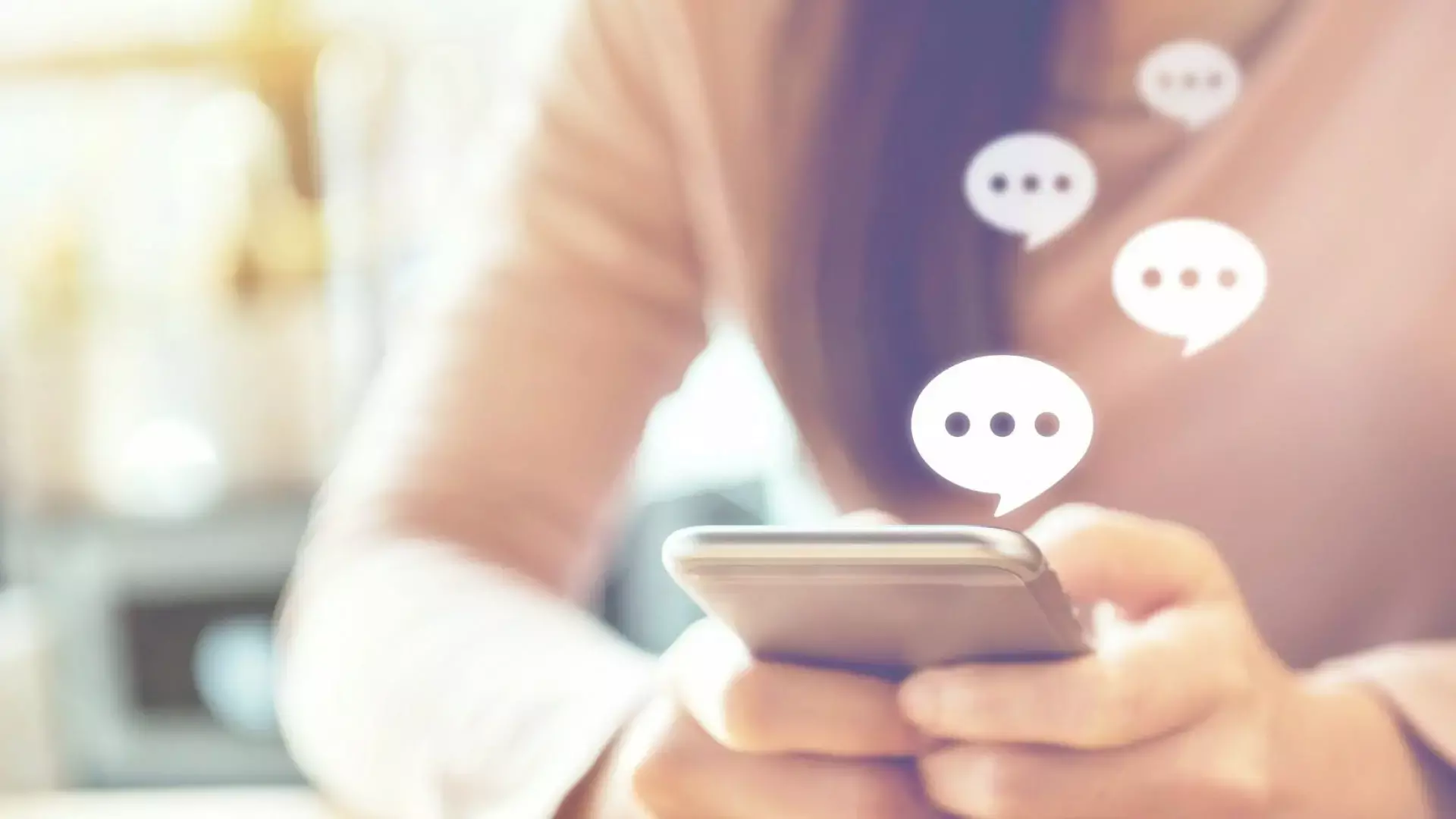- Home
- Medical news & Guidelines
- Anesthesiology
- Cardiology and CTVS
- Critical Care
- Dentistry
- Dermatology
- Diabetes and Endocrinology
- ENT
- Gastroenterology
- Medicine
- Nephrology
- Neurology
- Obstretics-Gynaecology
- Oncology
- Ophthalmology
- Orthopaedics
- Pediatrics-Neonatology
- Psychiatry
- Pulmonology
- Radiology
- Surgery
- Urology
- Laboratory Medicine
- Diet
- Nursing
- Paramedical
- Physiotherapy
- Health news
- Fact Check
- Bone Health Fact Check
- Brain Health Fact Check
- Cancer Related Fact Check
- Child Care Fact Check
- Dental and oral health fact check
- Diabetes and metabolic health fact check
- Diet and Nutrition Fact Check
- Eye and ENT Care Fact Check
- Fitness fact check
- Gut health fact check
- Heart health fact check
- Kidney health fact check
- Medical education fact check
- Men's health fact check
- Respiratory fact check
- Skin and hair care fact check
- Vaccine and Immunization fact check
- Women's health fact check
- AYUSH
- State News
- Andaman and Nicobar Islands
- Andhra Pradesh
- Arunachal Pradesh
- Assam
- Bihar
- Chandigarh
- Chattisgarh
- Dadra and Nagar Haveli
- Daman and Diu
- Delhi
- Goa
- Gujarat
- Haryana
- Himachal Pradesh
- Jammu & Kashmir
- Jharkhand
- Karnataka
- Kerala
- Ladakh
- Lakshadweep
- Madhya Pradesh
- Maharashtra
- Manipur
- Meghalaya
- Mizoram
- Nagaland
- Odisha
- Puducherry
- Punjab
- Rajasthan
- Sikkim
- Tamil Nadu
- Telangana
- Tripura
- Uttar Pradesh
- Uttrakhand
- West Bengal
- Medical Education
- Industry
Text Messaging fails to increase COVID-19 Vaccination Uptake significantly: JAMA

Text Messaging fails to increase COVID-19 Vaccination Uptake significantly according to a recent study published in the JAMA Netw Open.
COVID-19 vaccine uptake among urban populations remains low. A study was conducted to evaluate whether text messaging with outbound or inbound scheduling and behaviorally informed content might increase COVID-19 vaccine uptake.
This randomized clinical trial with a factorial design was conducted from April 29 to July 6, 2021, in an urban academic health system. The trial comprised 16 045 patients at least 18 years of age in Philadelphia, Pennsylvania, with at least 1 primary care visit in the past 5 years, or a future scheduled primary care visit within the next 3 months, who were unresponsive to prior outreach. The study was prespecified in the trial protocol, and data were obtained from the intent-to-treat population.Eligible patients were randomly assigned in a 1:20:20 ratio to (1) outbound telephone call only by call center, (2) text message and outbound telephone call by call center to those who respond, or (3) text message, with patients instructed to make an inbound telephone call to a hotline. Patients in groups 2 and 3 were concurrently randomly assigned in a 1:1:1:1 ratio to receive different content: standard messaging, clinician endorsement (eg, "Dr. XXX recommends"), scarcity ("limited supply available"), or endowment framing ("We have reserved a COVID-19 vaccine appointment for you").
The primary outcome was the proportion of patients who completed the first dose of the COVID-19 vaccine within 1 month, according to the electronic health record. Secondary outcomes were the completion of the first dose within 2 months and completion of the vaccination series within 2 months of initial outreach. Additional outcomes included the percentage of patients with invalid cell phone numbers (wrong number or nontextable), no response to text messaging, the percentage of patients scheduled for the vaccine, text message responses, and the number of telephone calls made by the access center. Analysis was on an intention-to-treat basis.
Results:
- Among the 16 045 patients included, the mean (SD) age was 36.9 (11.1) years; 9418 (58.7%) were women; 12 869 (80.2%) had commercial insurance, and 2283 (14.2%) were insured by Medicaid
- 8345 (52.0%) were White, 4706 (29.3%) were Black, and 967 (6.0%) were Hispanic or Latino.
- At 1 month, 14 of 390 patients in the outbound telephone call–only group completed 1 vaccine dose, as did 243 of 7890 patients in the text plus outbound call group and 253 of 7765 patients in the text plus inbound call group
- Among the 15 655 patients receiving text messaging, 118 of 3889 patients in the standard messaging group completed 1 vaccine dose, as did 135 of 3920 patients in the clinician endorsement group, 100 of 3911 patients in the scarcity group and 143 of 3935 patients in the endowment group
There was no detectable increase in vaccination uptake among patients receiving text messaging compared with telephone calls only or behaviorally informed message content.
Reference:
Effect of Text Messaging and Behavioral Interventions on COVID-19 Vaccination Uptake: A Randomized Clinical Trial by Shivan J. Mehta, et al. published in the JAMA Network Open.
doi:10.1001/jamanetworkopen.2022.16649
Keywords:
Text, Messaging, fails, increase, COVID-19, Vaccination, Uptake, significantly, Shivan J. Mehta, Colleen Mallozzi, Pamela A. Shaw, Catherine Reitz, Caitlin McDonald, Matthew Vandertuyn, Mohan Balachandran, Michael Kopinsky, Christianne Sevinc, Aaron Johnson, jama network open
Dr. Shravani Dali has completed her BDS from Pravara institute of medical sciences, loni. Following which she extensively worked in the healthcare sector for 2+ years. She has been actively involved in writing blogs in field of health and wellness. Currently she is pursuing her Masters of public health-health administration from Tata institute of social sciences. She can be contacted at editorial@medicaldialogues.in.
Dr Kamal Kant Kohli-MBBS, DTCD- a chest specialist with more than 30 years of practice and a flair for writing clinical articles, Dr Kamal Kant Kohli joined Medical Dialogues as a Chief Editor of Medical News. Besides writing articles, as an editor, he proofreads and verifies all the medical content published on Medical Dialogues including those coming from journals, studies,medical conferences,guidelines etc. Email: drkohli@medicaldialogues.in. Contact no. 011-43720751


